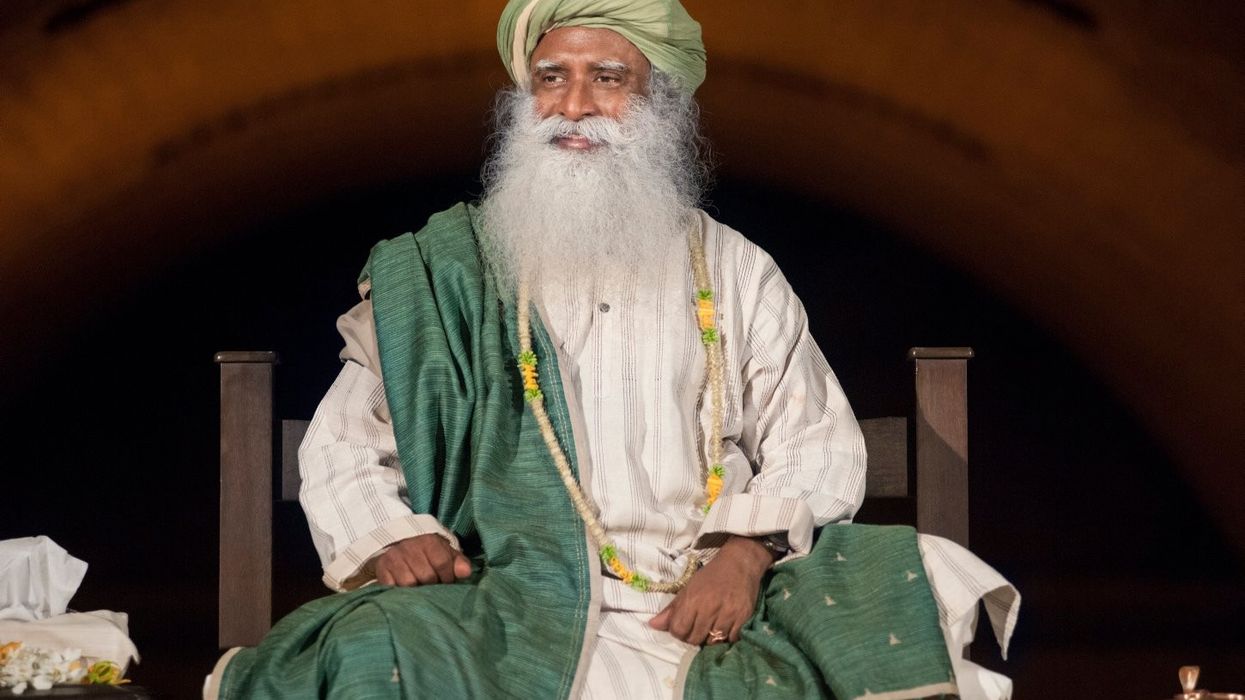India's coronavirus epicentre Maharashtra went into a state-wide weekend lockdown on Saturday as the country battled exploding infection numbers and shortages of vaccines, drugs and hospital beds.
Having let its guard down with mass religious festivals, political rallies and spectators at cricket matches, India is experiencing a ferocious new wave with around a million new cases in the past week.
After a lockdown a year ago caused widespread misery and one of the sharpest downturns of any major economy, the central government is desperate to avoid a hugely unpopular second shutdown.
But many states are tightening the screw, in particular Maharashtra and its capital Mumbai, where restaurants are shut and public gatherings of more than five people are banned.
Every weekend until the end of April the state's 125 million people are confined to their homes unless shopping for food, medicine or travelling.
"I'm not for the lockdown at all but I don't think the government has any other choice," media professional Neha Tyagi, 27, told AFP in Mumbai.
"This lockdown could have been totally avoided if people would take the virus seriously."
In further grim news, a fire broke in a private hospital in the state killing four patients, the fire brigade said. Last month a blaze at a Mumbai clinic killed 11.
- Short on stocks -
With the country grappling with the new surge, cricket is now being played behind closed doors -- including the big-bucks Indian Premier League, which began Friday -- and in many regions including in New Delhi and Bangalore a night curfew is in force.
Election rallies in West Bengal are going ahead however, as is the colossal Kumbh Mela religious festival in Uttarakhand with millions expected next week by the holy Ganges river.
Virus tests are in theory compulsory there, but chief minister Tirath Singh Rawat has said pilgrims will not be "unnecessarily harassed in the name of Covid-19 restrictions".
Raipur district, home to the capital of Chhattisgarh state, is under a 10-day lockdown with no one allowed to enter the area unless performing essential services.
India's drive to vaccinate its 1.3 billion people also looks to be hitting problems, with just 94 million shots administered so far and stocks running low, according to local authorities.
In megacity Mumbai, all 72 private vaccination centres were shut until Tuesday while opening hours were reduced at government and municipal centres, authorities said.
"If we don't receive more stock by Sunday, even government centres will be shut from Monday," city health official Mangala Gomare told local media.
West Bengal's health chief Ajoy Kumar Chakraborty told AFP that a number of vaccination centres in the eastern state have been shut because they ran out of stock.
"Some hospitals have started rationing their doses from Friday fearing that stocks may run dry," he said.
The Times of India reported Friday that states on average had just over five days of stock left even as vaccine makers scramble to increase output.
But the federal health minister has accused some states -- run by opposition parties -- of playing politics to "distract attention from their failures".
"It is not right to say that there is a vaccine shortage. Vaccines have been made available to all states according to their needs," Home Minister Amit Shah said on Friday.
The CEO of the Serum Institute of India, the world's biggest vaccine maker by volume, has warned that production capacity is "very stressed".
Poorer countries, as well as some rich nations, have relied heavily on Serum for supplies of the AstraZeneca vaccine, but last month New Delhi put the brakes on exports to prioritise domestic needs.
Several states are also experiencing shortages of coronavirus treatment drug Remdesivir, reports said.
A lull in demand from December to February led to low or zero production for three months, the Indian Express cited Remdesivir manufacturers as saying.
On Saturday, India reported 145,000 new cases, a new record taking the total to 13.2 million with 170,000 deaths. Per-capita rates are lower than many other nations however.




















